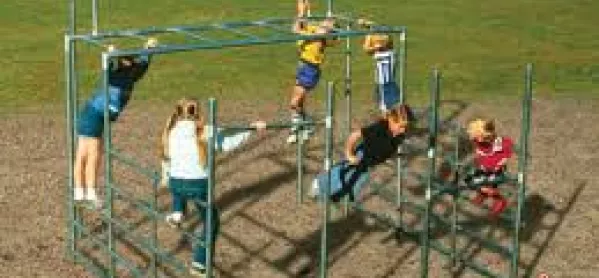Schools minister Nick Gibb has said he is worried by seeing children leave school early after only a brief lunch break.
Interviewed on BBC Radio 4’s Today programme this morning, Mr Gibb said: “It worries me; children should have breaks and be running around the playground getting exercise and making friends.
“In my own constituency, I see children leaving at a quarter to three and you know they’ve only had a half-hour break for lunch.
“We have a school-led system and we trust headteachers to make these decisions, but, speaking personally, I think it’s important that children have breaks and they can run around and socialise between lessons.”
Quick link: Shorter breaktimes could be harming pupil wellbeing
Expert view: Why we need study breaks
Opinion: 'Bring back staffrooms and long lunchtimes'
The minister was responding to research by the University College London (UCL) Institute for Education, which found that school breaktimes are shorter than two decades ago, meaning children are missing out on opportunities to make friends, socialise and exercise.
Shorter school break times
At key stage 1, children now have 45 minutes less break time per week than children of the same age in 1995. And pupils at KS3 and 4 (aged 11 to 16) have 65 minutes less, according to the research.
Interviewed later in the same programme, UCL educational psychologist Vivian Hill said: “There are many dimensions to this, but we have a national crisis in child obesity so reducing breaks means there is less opportunity for exercise.”
She said breaks helped children’s concentration and “there may be a negative trade-off that in our efforts to squeeze in more academic learning we may be reducing the quality of that learning".
“There are also social consequences if children have fewer opportunities to develop the social skills needed to navigate life. Sometimes these things creep up on us. Maybe we need to redress this balance,” she said.
Asked about Mr Gibb’s earlier comment on trusting headteachers to decide break lengths, Ms Hill said: “Heads are striving to do the best for their children always, but this has crept up in 20 years with such a significant decrease in breaks.
“The government’s focus is now much more on children’s mental health and wellbeing, and this is an important consideration. I was struck by how much children report they enjoy their break.”




